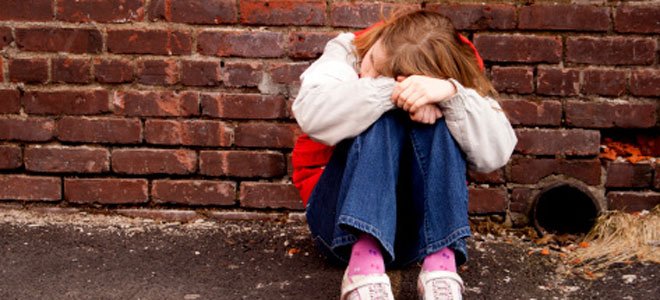One of the most important roles we have as adults is the protection of children. And when we talk about child protection, all those injustices committed against children such as abuse, exploitation or hunger inevitably come to mind.

However, children who suffer also live in our developed and comfortable world and many times, we can have them in our own family, in our own home and not realize it. Because childhood depression is one of those silent diseases that can go unnoticed for a long time.
What is childhood depression?
- Childhood depression is a disorder characterized by a prolonged period of sadness, disappointment, and confusion in the child. Although these symptoms may be a temporary state of mind that any person, adult or child, can experience at many times in their lives, when they begin to affect their intellectual and social development we must begin to take action.
- That is why we must be attentive to any symptoms of childhood depression, such as irritability, insomnia, mood swings, sadness, and lack of self-esteem, isolation, lack of illusions or weight changes for no apparent reason. It must always be kept in mind that the behavior of a child in his childhood can mark his personality as an adult.
- But if we want to be prepared against childhood depression, we must also know what are the most common reasons why a child can suffer from this disorder. Thus, we will remain alert when the child presents difficulties at school, both in terms of performance in studies and social relationships, when some traumatic event occurs around them, from an accident to a death, but above all when problems family (discussions, fights, divorces) are a constant in your day to day.
What to do with childhood depression
- The best treatment against childhood depression will be its prevention. Because many depressive states, including childhood depression, must include specific medication in their treatment, something that must be avoided in the case of children. Of course, psychological therapy must accompany any treatment for depression, both in children and adults.
- But our role in the face of childhood depression will be that of constant and firm support. When we talk about support, we are not talking about pampering the depressed child to try to reduce his sadness, because we cannot forget that, even if he is depressed, the child is in a stage of learning values and we must take responsibility for his education.
- A depressed child should never lack affection and love, as well as make it clear that we are trying by all means both to understand their situation and to find the fastest solution. And above all, we must convince the child who suffers from depression that the most important thing in his life is the search for happiness and that this is what he should dedicate himself to from now on.
